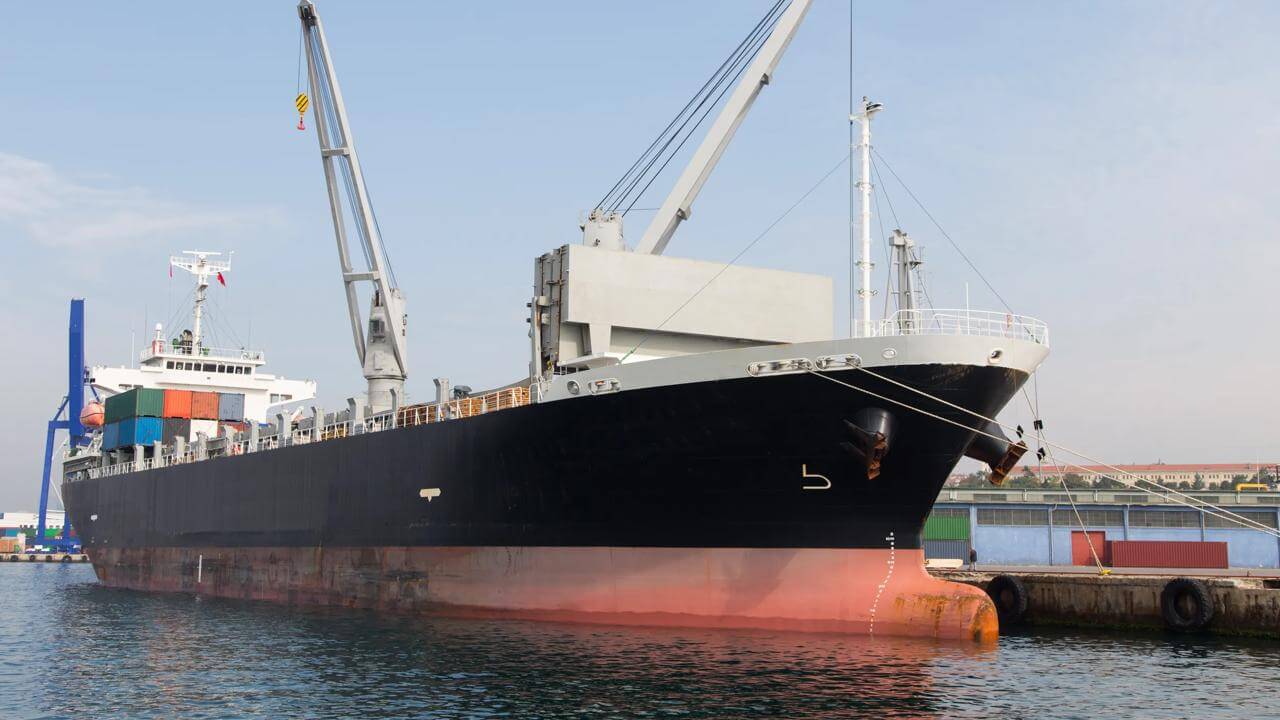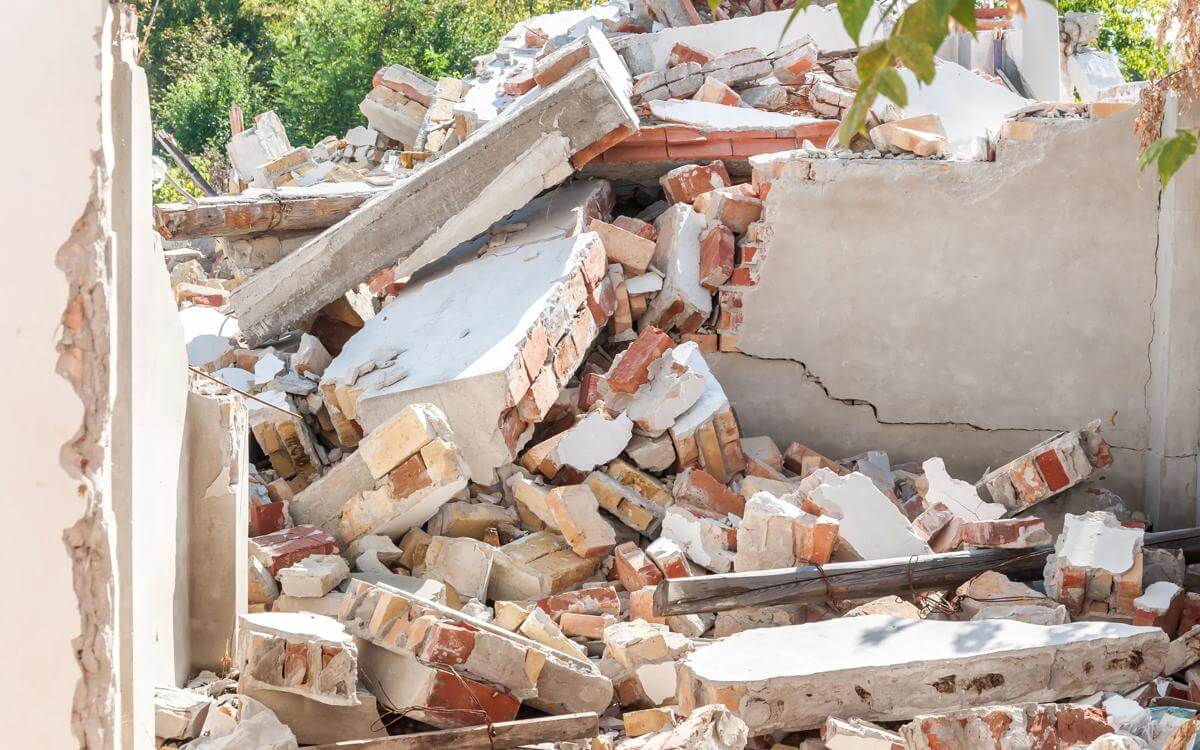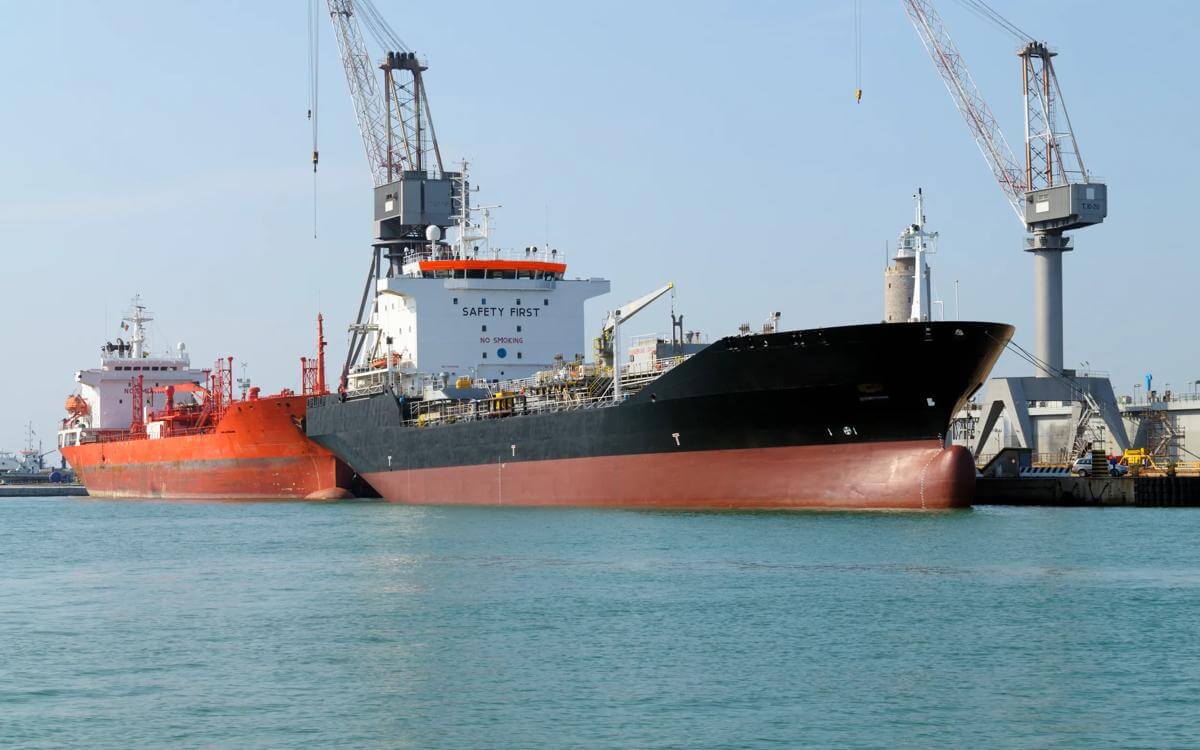Makin v (1) The Restaurant Muse Ltd (2) Protec Security Group Ltd (3) QBE Ins [2025] EWHC 895 (KB) is the first reported application of Scotland Gas Networks plc v QBE UK Ltd [2024] CSIH 36 in England and Wales.
Scotland Gas determined that a decree in default, issued in the sum of £3m, was sufficient to establish a ‘liability’ that the claimant could enforce against the defendant’s insurer under the Third Parties (Rights Against Insurers) Act 2010 (the 2010 Act) without the insurer having a right to challenge the question of liability or quantum.
Key takeaway points arising from the Scotland Gas judgment:
- s.1(4) of the 2010 Act did not require an assessment of the merits of the dispute;
- the decree in default established a ‘s.1 liability’;
- insurers will still be able to rely on their coverage defences to the extent that they are permitted to do so under the 2010 Act, to defeat the direct claim by a third party.
Facts in a nutshell
In Makin, the claimant was seriously injured when he was assaulted and tragically suffered a stroke after he was ejected from the Muse Bar and Restaurant by door supervisors.
The claimant’s claim was initially pursued against the operator of the Bar (D1) but that claim was subsequently discontinued. The claim proceeded instead against D2, who were identified as the employers of the door supervisors. The trial took place on 11 July 2023. D2 did not attend that trial as liquidators of D2 were appointed the day before trial and the judge struck out D2’s defence. The judge heard evidence and entered judgment for the claimant, with damages to be assessed. By virtue of the liquidation, D2 had become a ‘relevant person’ under the 2010 Act prior to judgment.
Although the defendants were not present at the trial, for the purposes of the claim under the 2010 Act, it was conceded there was a judgment on the merits after evidence had been heard, rather than a judgment in default of defence (as was the position in Scotland Gas) following on from the strike out in which liability was not considered.
QBE was later joined as a party pursuant to the 2010 Act as the public liability insurers of D2. QBE had repudiated the claim on the basis that it was notified late. It was heavily contested between the claimant and QBE whether the notification was (1) late and (2) a condition precedent.
The decision
The court determined that the relevant notification was made late in breach of condition precedent, such that QBE was entitled to stand on its coverage decision to defeat the claimant’s claim under the 2010 Act.
Nevertheless, the court took the opportunity to provide obiter commentary on the earlier judgment in the claim against D2 that found for the claimant. HHJ Pearce explored the Scottish Inner House’s decision in Scotland Gas, which he referred to being “of considerable persuasive value” but not binding.
HHJ Pearce stated:
“…I am satisfied that I should follow that decision in finding the judgment of HHJ Sephton KC to be binding upon the issues that he determined, namely whether the Claimant had suffered personal injury as a result of the negligence of persons for which negligence the Second Defendant was vicariously liable.”
The court distinguished Omega Proteins v Aspen on the basis that it was decided prior to the 2010 Act coming into force. HHJ Pearce held that an incongruity may arise if liability is determined against a policyholder, whereas liability against the insurer could be open to challenge and considered “there is no good reason to create such incongruity afresh by departing from the clear words of the 2010 Act”. It is of note that unlike in Scotland Gas – where the claimant had obtained a decree in default against the insured defendant – in this case, the insured defendant’s liability to the claimant had been “definitively determined by the judgment in the prior proceedings.” Accordingly, it is arguable that the door has been left slightly ajar in England and Wales for a distinction to be drawn between those cases where a claimant has a substantive judgment and a judgment in default.
Whilst obiter only, the comments in Makin about Scotland Gas mean that even when insurers do not consider they are liable to indemnify a policyholder in respect of a third-party claim, insurers should approach any coverage decisions upon which they intend to rely with care. If a judgment on liability is obtained against an insolvent policyholder and a challenge to a coverage decision succeeds, insurers will find themselves liable to settle that judgment in full, without being able to challenge liability.
Considerations for insurers
It may be prudent in some cases for insurers to consider:
- negotiating a bona fides settlement and release from insurers’ obligations under the policy at the point of relying on its coverage arguments; and / or
- monitoring the solvency position of the policyholder and what defences are being advanced.
By doing so, insurers will at least be able to consider their wider exposure and reserving in the event that a 2010 Act claim is later made.
Insurers could consider, in very limited circumstances, whether they wish to involve themselves in the claim against the policyholder, on a without prejudice to cover basis (this would, of course, need to be approached with caution). If done correctly, this would help to prevent the risk of insurers finding themselves faced with a claim under the 2010 Act in respect of which it would not be able to challenge liability or quantum.
If insurers find themselves in an unfortunate situation where a default judgment has been entered against a defendant policyholder by a third-party claimant, following that policyholder’s insolvent event, insurers could consider the application of its claims conditions against the claimant, to the extent permitted under the 2010 Act. Insurers should consider reviewing the claims conditions in their policy wordings carefully to ensure that they provide appropriate protection in that scenario.
Our summary and analysis of the Scotland Gas judgment can be found here.
Contact

Jonathan Newbold
Partner
jonathan.newbold@brownejacobson.com
+44 (0)115 976 6581

Rachael Murphy
Principal Associate
rachael.murphy@brownejacobson.com
+44 (0)115 976 6219









































